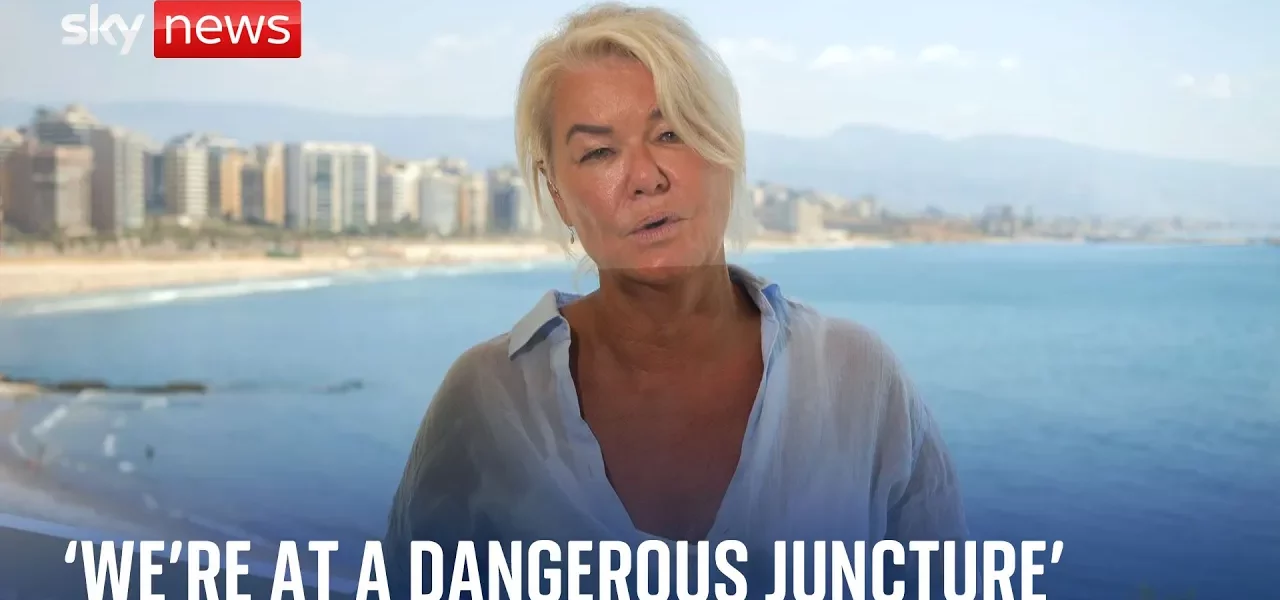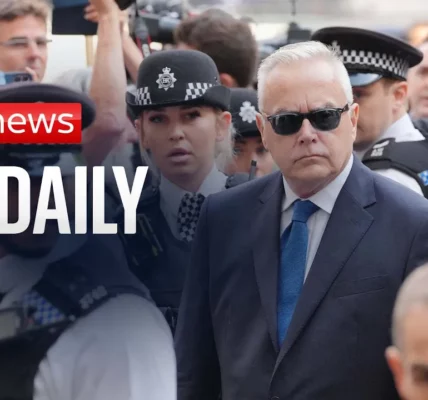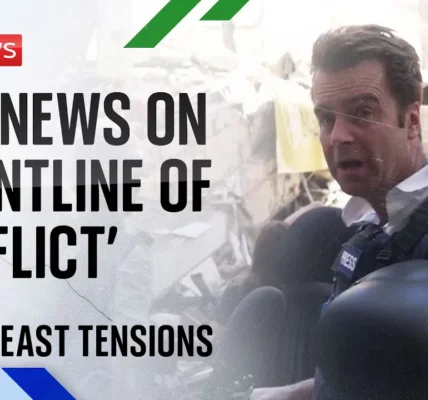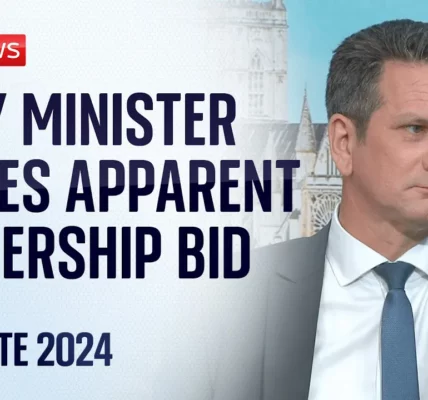Escalating Conflict in Lebanon: A Dangerous Juncture

This article explores the current state of the escalating conflict in Lebanon, analyzing the urgent statements from the UN, military actions, and the implications for regional stability.
Introduction
The ongoing conflict in Lebanon has reached a critical point, characterized by an alarming increase in hostilities and urgent calls for restraint from international entities such as the United Nations. As violence escalates, the potential for a broader regional conflict looms large, raising concerns about the security and stability of the entire Middle East. This article delves into the factors contributing to the current crisis, the key players involved, and the potential consequences of continued aggression.
Current Situation in Lebanon
The situation in Lebanon has become increasingly perilous, with heightened military exchanges between Israeli forces and Hezbollah. The UN special coordinator for Lebanon has expressed deep concern over civilian casualties and the urgent need for both parties to exercise restraint.
UN Warnings and International Response
Recent statements from the UN emphasize the dire need for protecting civilians amidst the escalating violence. The UN has called for an immediate cessation of hostilities to avoid a wider conflagration that could engulf the region.
Military Actions and Escalation
The Israeli military has significantly increased its operations within Lebanon, claiming that these strikes are in response to ongoing attacks from Hezbollah. The conflict intensified after October 8, when Hezbollah began its support for the conflict in Gaza.
- Over four times as many Israeli strikes have been reported in Lebanon since the conflict escalated.
- Hezbollah has linked its military actions to the ceasefire negotiations regarding Gaza.
- Recent attacks have targeted areas that are recognized internationally as Syrian territory occupied by Israel.
Hezbollah’s Role and Responses
Hezbollah, a significant military and political force in Lebanon, has played a crucial role in the current conflict dynamics. The group has historically received support from Iran and has been involved in various military operations against Israeli forces.
Denial of Involvement
In an unusual move, Hezbollah denied involvement in a recent attack against a Druze community, which has prompted calls for an independent inquiry into the incident. This denial contrasts sharply with their usual stance during the conflict.
Impact on Civilians and Communities
The conflict has devastated civilian life on both sides of the border. Reports indicate significant displacement, with nearly 990,000 people fleeing their homes in Lebanon.
- Descriptions of affected areas highlight the destruction:
- Buildings reduced to rubble
- Ghost towns along the border regions
- Humanitarian concerns are rising as civilians struggle to access basic necessities.
Regional Implications and Iran’s Involvement
The ongoing conflict in Lebanon cannot be viewed in isolation; it is part of a larger regional struggle involving multiple actors, including Iran. The Iranian government has long supported Hezbollah, providing funding, military training, and weaponry.
The Axis of Resistance
Israel faces not only Hezbollah but also a coalition of militias across the region, referred to as the “axis of resistance,” which includes groups in Yemen, Iraq, and Syria.
Potential for Wider Conflict
While the prospect of an all-out war may not be the immediate goal of any involved party, the risk of further escalation remains high. Analysts suggest that both Hezbollah and Israel are currently navigating a precarious landscape, trying to avoid direct confrontation while still asserting their military capabilities.
Conclusion
The current situation in Lebanon is marked by a dangerous escalation of conflict that poses significant risks to regional stability. The urgent calls for restraint from the international community, particularly the UN, highlight the precariousness of the situation. As military actions continue and tensions rise, the possibility of a wider war looms ominously. It is crucial for diplomatic efforts to intensify to prevent further bloodshed and to seek a peaceful resolution to this complex conflict. For more information on the implications of this conflict and related topics, explore our articles on regional security and the role of international diplomacy in conflict resolution.
“`




